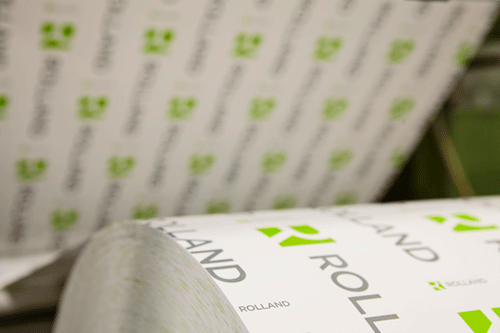Today’s consumers are eco-conscious in their expectations of brands. The long-used manufacturing model of producing, using, and discarding packaging and products is now unacceptable. In fact, the majority of Millennials (71%) and Gen Zs (67%) say addressing climate change should be a top issue, however, 60% of Millennials and Gen Zs worry that businesses’ commitment to protecting the environment will be less of a priority. Brands must make a concerted effort to show consumers they are working to have a positive impact, and they can do so by creating a circular economy – which requires sustainable innovation.
The circular economy is built on the principle that the life cycles of materials and resources can be preserved, extended, and given back to the supply chain when the original intended purpose ends. Partnering with companies like Sustana is one way brands can achieve their sustainability goals and gain consumer trust.

Creating value in the circular economy
Sustana has built its business on recycling and recyclability, working with municipalities and global corporations on innovative partnerships and solutions to create a circular economy. The company processes 2.2 million pounds of wastepaper daily to extract fiber for paper manufacturing, amounting to enough paper annually to reduce landfill space by over 1 million cubic yards.

Being a steward of the environment requires innovation. Sustana Fiber’s EnviroLife® food-grade packaging fibers product is one of the first 100% recycled fiber compliant with FDA standards for the food, beverage, paper, and packaging industries and has a much lower environmental footprint compared to non-recycled fiber, using 9 times less water. Compared to the average virgin pulp, the impact of EnviroLife® on climate change is 26% lower, demonstrating exactly how much recycled fiber can help mitigate effects on the environment. This process has been successful with recycling Starbucks coffee cups and containers for global fast-food sandwich chains. The right partner can make a tremendous difference in a global company becoming more eco-friendly.
Rolland Paper also has history of investing in circular innovations, using biogas energy and water treatment systems that reuse water to minimize waste. The biogas energy powers 93% of the paper mill’s energy needs, reducing annual carbon dioxide emissions by 70,000 tons. Compared to the average virgin paper, the impact of the Enviro® line on climate change is 62% lower, showing Rolland’s commitment to sustainable practices.
Investing in the right partnerships
Increasing partnerships with external organizations to assist in diverting paper waste from landfills and evaluating new recycling streams is critical to enhancing the circular economy and making an impact that addresses today’s environmental challenges. Brands should be setting goals to increase the recycled content used in products and seek out suppliers who prioritize recycled content and recyclability to ensure materials are reused. It’s clear that meeting the demands of eco-conscious consumers is an ever-evolving journey; but, by staying up to date with recycling trends and industry successes, paper, and packaging companies can bring their products full circle with sustainable innovation and promote the circular economy.










